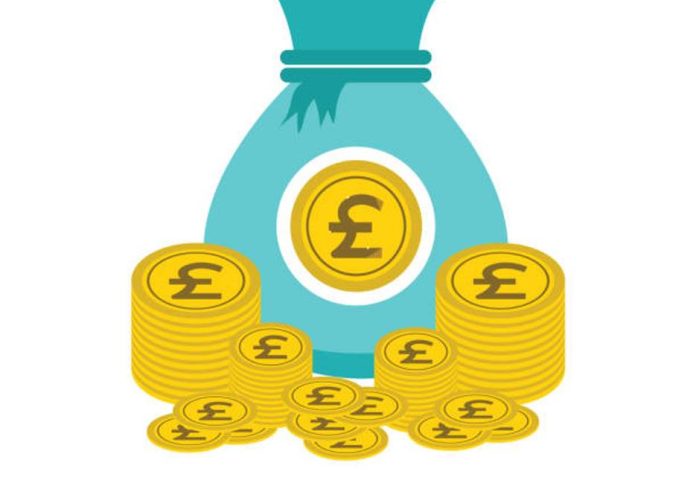Money management is essential throughout our lives, and there are a few steps to take to help you feel empowered on your money journey. Whether you’re looking to pay off debt, create an emergency fund, or start investing – we’ll take a look at a few tips and tricks to help you get the most from your money so you can feel confidence when handling your cash.
Money management also allows you to deal with emergency situations more easily – but if you find you don’t have the tools in place to pay for an unprecedented expense, cashfloat.co.uk could help when you need it most.
Set financial goals
Setting clear financial goals is the first step to take when it comes to empowering your financial journey. Setting out a plan for your money means you can follow a road map to get you to where you want to be, allowing you to stay on track with your spending, saving, and investing. You could set a goal for retirement, saving, buying a home, or starting a business – the options are endless. Having well-defined goals allows you to take responsible steps towards achieving them and means you can stay accountable throughout your journey.
Create a budget
When it comes to managing your finances, a budget is one of the most important tools to have in place. Creating a budget allows you to live within your means, pay non-negotiable expenses, and put money to one side to achieve your goals. When creating a budget you should categorise your expenses, for example, transport, rent or mortgage payments, and food shopping. Dedicate an amount of cash to each and try to stick to this amount each month. Review your budget regularly to ensure it’s helping you meet your money goals and adjust as required.
Build an emergency fund
Having an emergency fund is crucial. You never know what’s just around the corner and life often doesn’t give you time to prepare. Saving a small amount of cash each month into an emergency fund means you will always have money set aside from your income that you can use if you’re faced with a bill you’d not accounted for, like boiler or car repairs, vet bills, or medical costs. This means you can avoid falling into debt and minimise the impact unprecedented expenses have on your monthly income.
Manage and reduce debt
If you’re in debt, it can be tempting to simply ignore it. But this is a detrimental way of dealing with things, and whilst it can be hard to face up to your finances, managing your debt means you can make positive changes and reduce what you owe. Firstly, be aware of all the debt you have. Then, focus on paying off the most expensive or high-interest debt. Chip away at your large debt first, and when this is finally paid off, use the money you were spending to pay down your large debt amounts to pay off the smaller debts. Once you’ve cleared your debt, you will feel a weight lifted – and you can use the money that was tied up in debts to help you achieve your goals.
Invest wisely
Investing is a great way of setting yourself up for the future. If you’re new to investing, make sure you educate yourself before you make any decisions on where your money is going. Research stocks, bonds, real estate, or retirement accounts. Be sure to diversify your investments so you can reduce your overall risk of loss. You could enlist the help of a financial advisor if you find you need help to navigate this.


